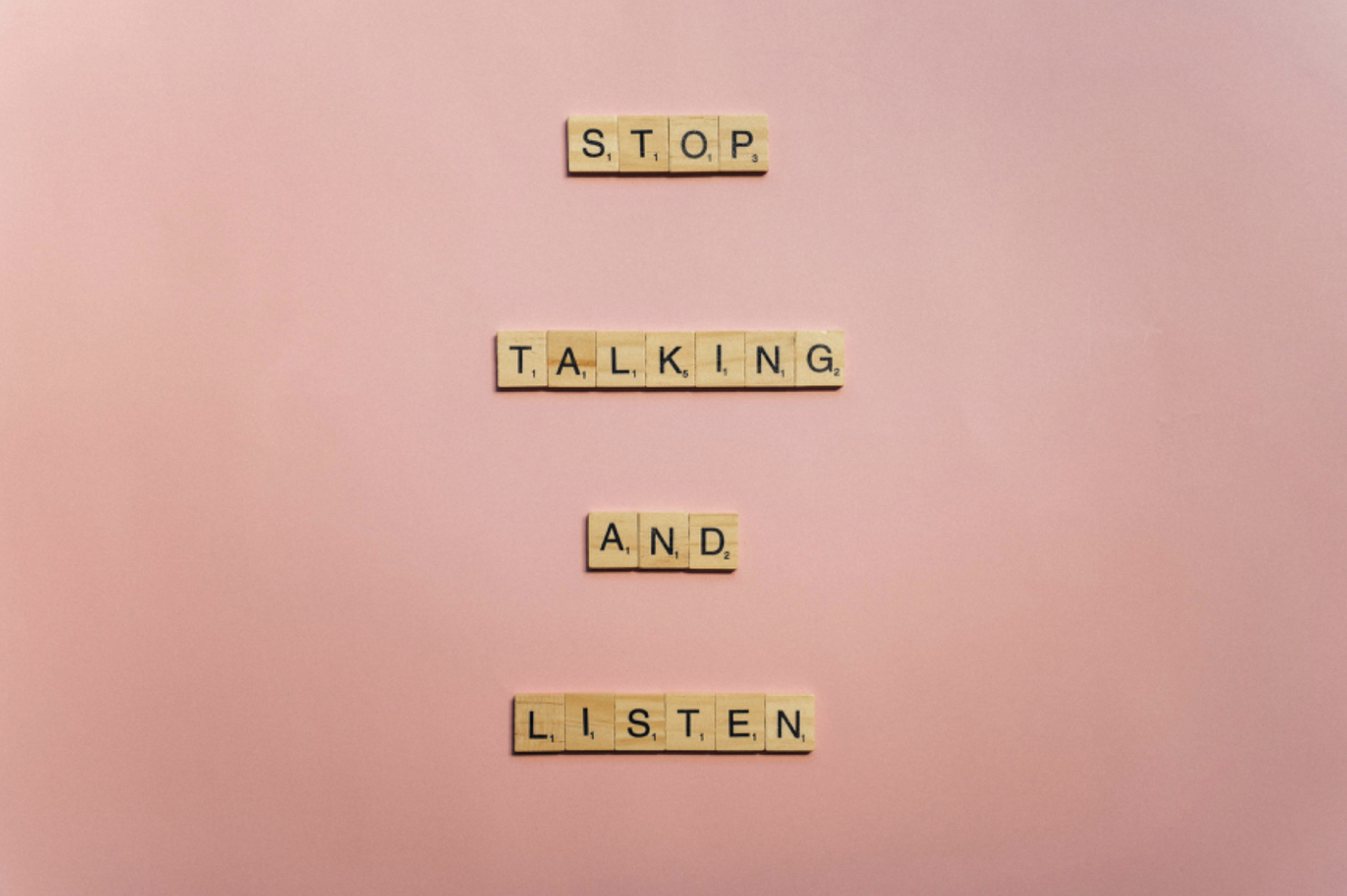What Are You Really After?

While our world atmosphere seems to be surrounded by political, social and civic division, I have observed a great void in authentic and articulate communication. There is so much volume, loudness and distraction vying for attention that the underlying issues get lost and little real discussion takes place. Genuine connection takes a back seat or becomes invisible altogether because people are so concerned about being heard themselves that they ignore the opportunity to meet the very same needs that others are striving to attain—to be heard and understood.
“Everything that irritates us about others can lead to an understanding of ourselves.” — Carl Jung
If people didn’t feel neglected, ignored, underserved, misunderstood or unimportant, there would be no need for such division. There would be no need for shouting or hiding. How can this be proven? I think most can agree that something amazing happens when a tragedy occurs. It is a time when people simultaneously rally for the same cause, the same objective. When there is a natural disaster, a lost child, an accident or an injury, you see people coming together. They include trained rescuers, volunteers, financial contributors and others. No one stops to ask if individuals in need deserve the help being offered. They are not harassed about their beliefs, origin or other views. They are simply offered aid to get through a crisis.
This action proves that unity can be achieved. We can come together and speak the same language of compassion, care and concern for the well being of others. So why do we let the Ego get in the way when differences of opinion come up? We rally when someone is in trouble; we like to be the savior. Yet, when it comes to a difference of opinion, we are quick to back away or disagree angrily or aggressively. There are many, however, who do lead with a calm, steady grace. For the purpose of this article I’m referring to the rest of the folks who aren’t quite there yet. What can help bridge the divide and lessen the antagonism in the first place, rather than the second, third or beyond?
“You never really understand a person until you consider things from their point of view, until you climb into their skin and walk around in it.” — Atticus Finch, in To Kill a Mockingbird
Why does one learn to speak another language?
My guess is so they can understand others who speak it and they in turn can be understood—to translate thoughts so they are clear. Why do people have coaches? So they can improve their sport, nutrition, work, life or other endeavor. The more intelligence, wisdom or knowledge that is gained, the more you can benefit.
Why then is it so difficult to have more understanding when it comes to political, social or civic ideals?
Aren’t most of us after the same things—peace of mind, clarity and understanding? If you know yourself, your genuine beliefs and values, and stand by them, you don’t need to raise your voice in opposition to be understood. Because you don’t need anyone’s approval for what you feel strongly about. If we all approached our conversations with curiosity rather than fear (fear of being attacked, feeling like a fool or being misunderstood) we would have a new beginning to create change, or communion at the very least.
“Understanding comes through communication, and through understanding we find the way to peace.” — Dr. Ralph C. Smedley
It has to start with us, each one of us taking responsibility to be kind and patient enough to listen to others. And not just to listen, but to understand.
A friend once told me he was having a disagreement with his wife. The issue wasn’t particularly important. She liked having an appliance on the kitchen counter. He preferred it in the cupboard until it was time to use it. For whatever reason, there was a bone of contention about this. Midway my friend paused to ask himself what was the most important thing to him. His answer was his wife’s happiness. He wasn’t trying to avoid anything. He genuinely asked himself if his need to be “right” was stronger than his desire to see his wife’s happiness being expressed. He saw how important that was to her and that ended the discussion.
“Everyone smiles in the same language.” — George Carlin
There are lots of ways to compromise and make decisions for the greater good. One of my favorites is the scale of 1–10. When there is a disagreement, use the scale to determine how important an issue is to you. If you are an 8 and the other person is a 10, those are both high numbers, but you can take turns compromising and yield to the one who feels the strongest on that particular issue.
Experience also brings increased levels of understanding. Once you’ve been through something, there might be different ways to feel about it, but at least you have the knowledge of actual experience to strengthen your position.
If you have to deliberate or debate a situation with others, establish boundaries and guidelines to follow to allow respect for each person’s position. To establish clarity, it’s always a good practice to begin your response by repeating what you heard the other person say. Then you can at least acknowledge what you heard before you present your thoughts on the subject.
There will be lots of things we don’t always really understand or agree with, but peace comes when we can acknowledge it with respect and thank people for being willing to share even though it may be difficult. Begin now, and be a more thoughtful listener. Make sure you’re coming from a place of authenticity, not repetition of something you heard. You will feel more confident in yourself when you stand true to your beliefs based on fact, regardless of whether or not others agree with you.
“It is my conviction that there is no way to peace—peace is the way.” — Thich Nhat Hanh
___
Photo, top, courtesy of Anna Tarazevich / Pexels
